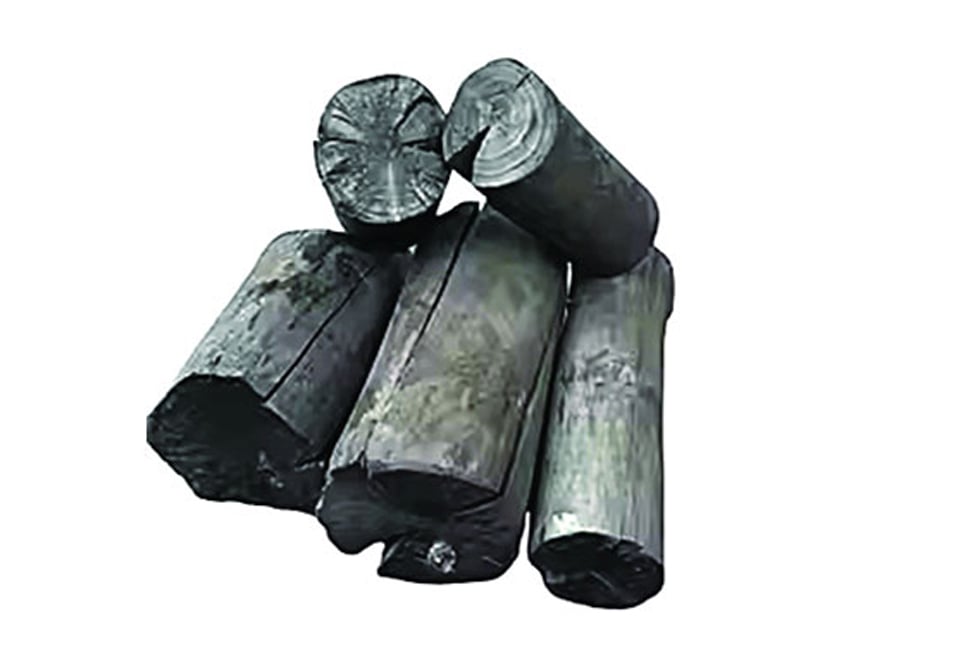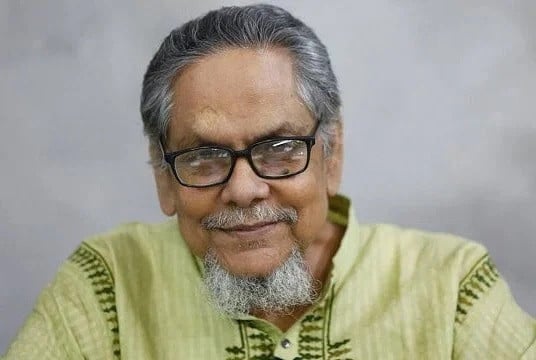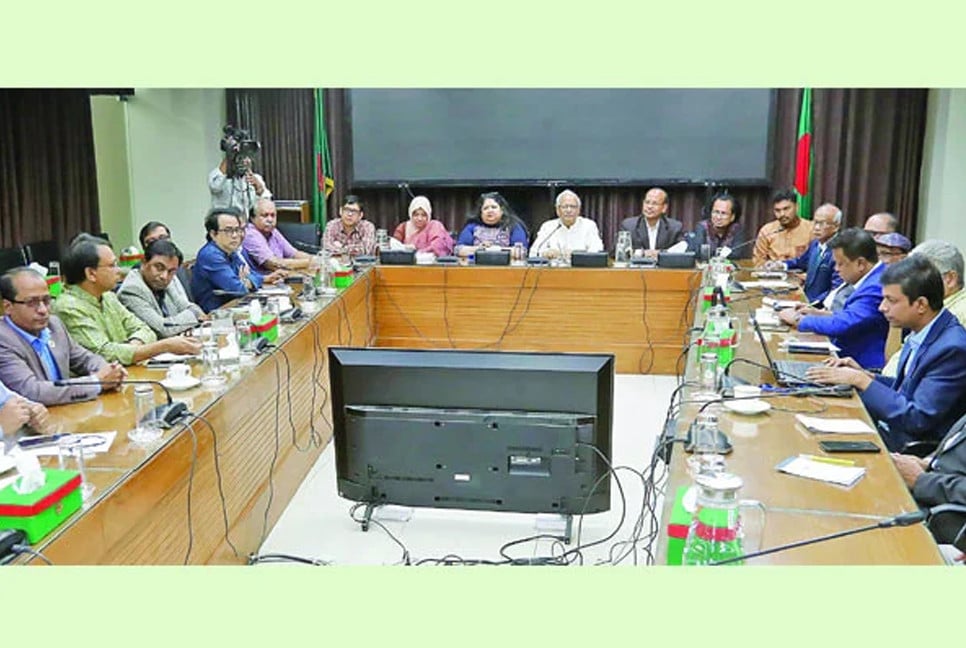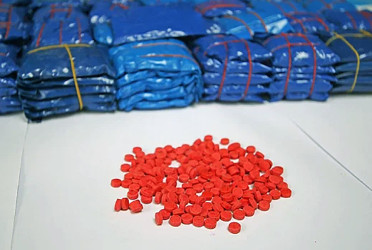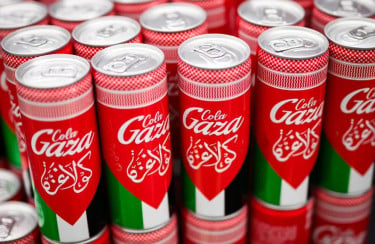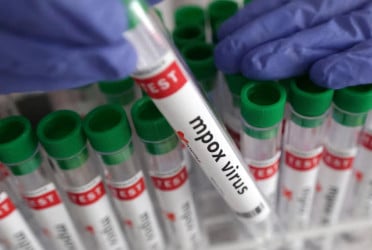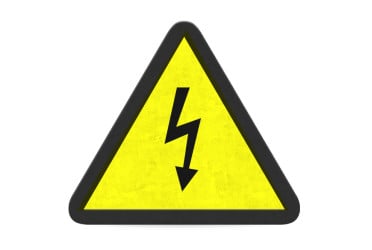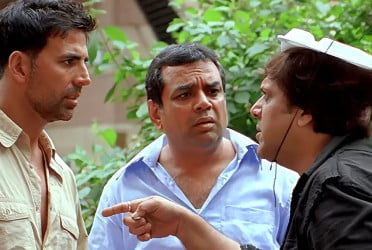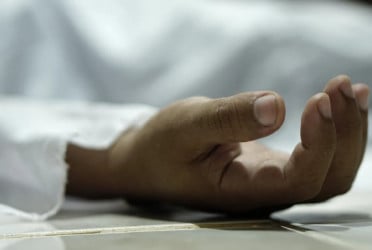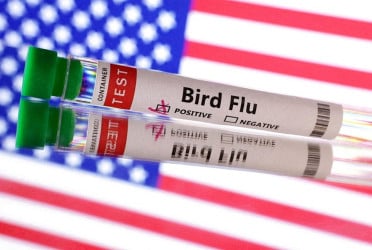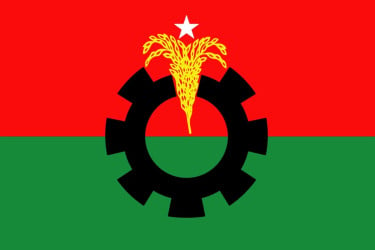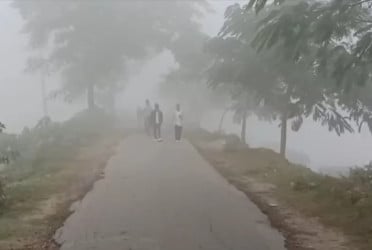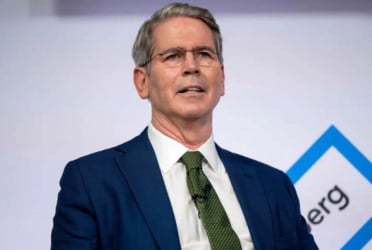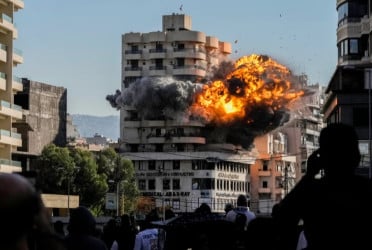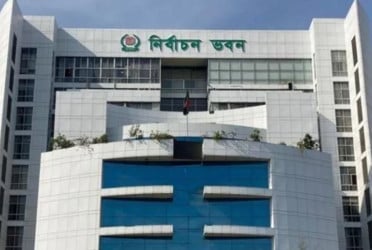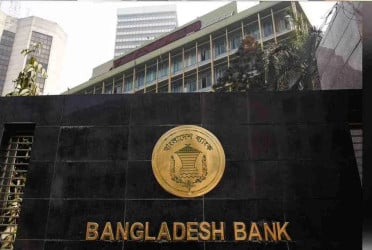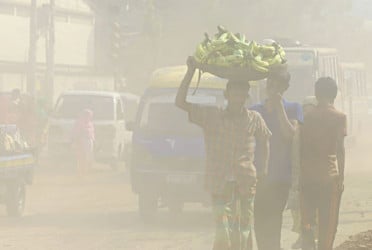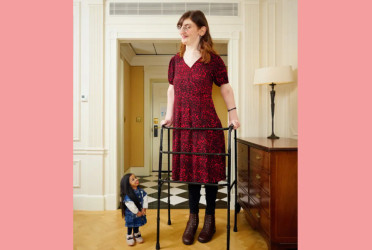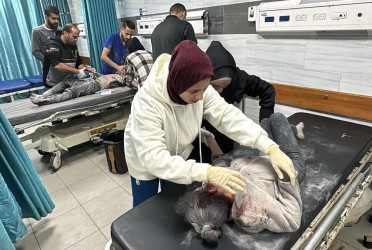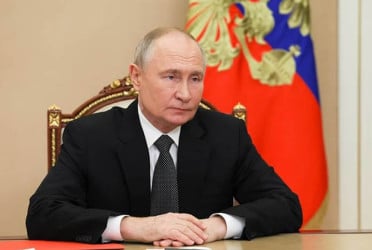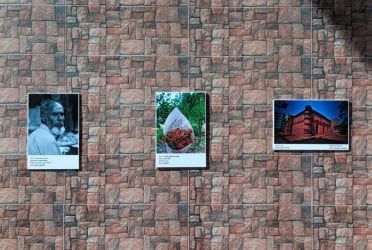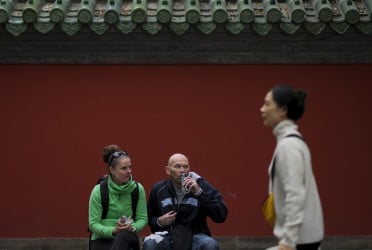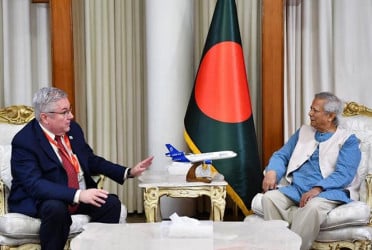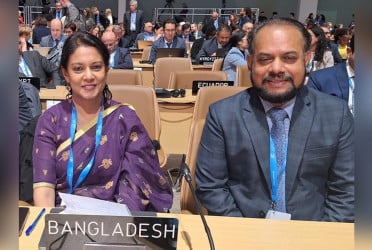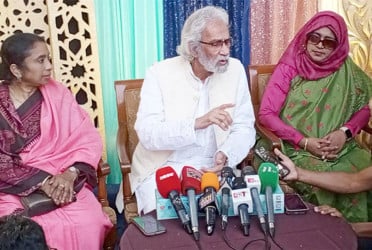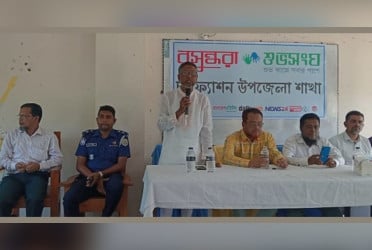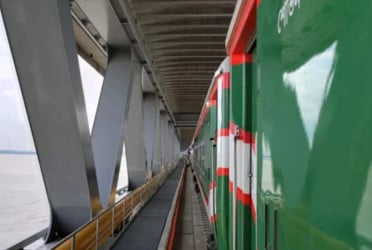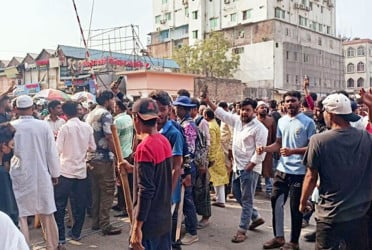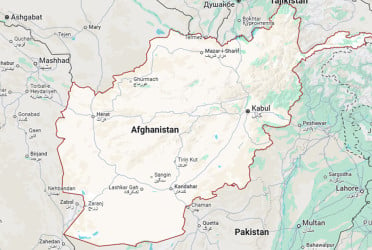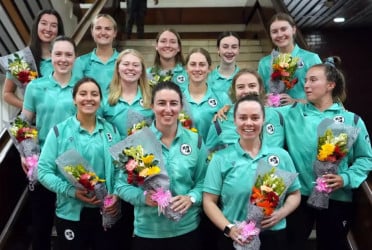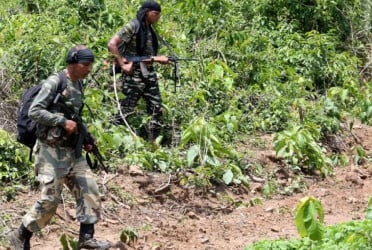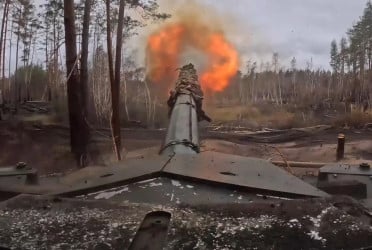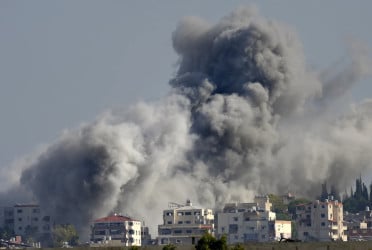Uncertainty is created over export of charcoal of Tk 2,500 crore. The pro-Awami League people were removed from all types of business association like FBCCI, BGMEA and BKMEA. However, they’re still holding positions in the Bangladesh Charocoal Manufacturers and Exporters Association (BCCMEA). The traders of charcoal already submitted memorandum to ministry of commerce, demanding make this sector free of discrimination and increase export.
According to the information, the main importer of Bangladesh’s charcoal is China. In addition, it’s exported to markets of Taiwan, Brazil, Mexico, USA, Australia, Canada, Japan, Turkey, South Korea, Germany and other countries of Europe. Charcoal is basically used as main ingredient in manufacturing carbon paper, ink of computer and photocopier, fireworks, face wash products, mobile batteries, cosmetics and tooth cleansing products.
Jute ash or charcoal can create a big market in the country as a potential export industry. Last year, the export of the product was of about Tk two and a half thousand crore, which can be increased to Tk 5 thousand crores in future. But Mirza Zillur Rahman Shipon, the younger brother of former State Minister for Jute and Textiles Mirza Azam, is in charge as the president of Bangladesh Charcoal Manufacturer and Exporters Association (BCCMEA), a trade body engaged in charcoal export. Due to President's illegal contracts and dictatorship, export activities are in jeopardy.
It has been alleged that the Awami supporters of the association are not allowing anyone to contact the shipping line except the traders. This syndicate communicates very cunningly contact with the exporters and no businessmen outside the Awami League background are given permission to ship products. This has created a stalemate in the association. However, Zillur Rahman rejected the allegations against him.
According to BCCMEA sources, Mirza Zillur Rahman Shipon is the president of this organization and is controlling the entire association. As a commercial trade body for the development of this industry, most of the members of the organization are highly victim of discrimination. He has contracted with a shipping company to export the goods. Now exporters are not able to export goods in any shipping other than their shipping. Again, the president used to force the country's exporters to export products at low prices through commission trade. The president monopolized factories and markets with some of his own people.
Furthermore, Chinese factory owners and buyers have been removed from Bangladesh. The ownership of those factories has been given to the businessmen of their choice. The association has been used to enter into agreements with the syndicate buyers with traders of their choice to supply charcoal to a particular buyer to monopolize the market bypassing the old and experienced buyers.
Those concerned with the sector say that jutesticks starts coming to the market from the month of July every year. The factories are in production from October to April. Hence, it is now in the final stage of the season. But exporters are worried about various complications. 32 to 35 lakh tones of jute sticks are produced annually in the country. If only 60 percent of these jute sticks are converted into ash, then the ash production will be about 450,000 tons per year. The price of one ton of ash is around 900 to 1100 dollars. As a result, it is possible to earn more than 40 to 50 million dollars or about Tk 5000 crore annually by exporting charcoal. Apart from this, employement generation of 20 lakh people can be given possible. But during the anti-discrimination movement ignoring the views of the ordinary members of the charcoal trade, a committee of choice was made by forming an election commission with people of its choice. BCCAA president Mirza Zillur Rahman told The Bangladesh Pratidin, "There is no conflict within the committee of the association. The allegation against me of connivance with a company is false.”
(Translated by Lutful Hoque)

